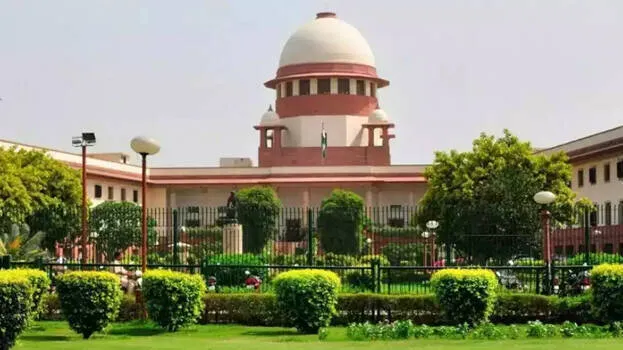

Reservation in educational institutions and government appointments is a constitutional measure designed to restore and ensure social justice, addressing the historic injustices faced by Dalit and backward classes. Envisioned as a means of uplifting marginalized communities into the mainstream, reservation was necessary because, before independence, people from these communities were systematically excluded from educational opportunities and government jobs due to caste-based discrimination enforced by the upper echelons of society.
With the advent of democracy, the majority of votes belonged to Dalits, backward classes and minority groups. This shift in political power forced the administrative leadership to consider the needs of these communities, leading to the implementation of reservation policies. However, it is crucial to understand that reservation is not an act of charity; it is the legitimate right of the backward classes. True fairness and justice lie in treating reservation and merit as distinct entities. These two concepts have often been conflated, allowing the bureaucracy to undermine the rights of deserving candidates from backward classes.
One of the most common methods of subversion has been to count candidates eligible for reservation, who also qualify on merit, within the reservation quota. This effectively deprives another candidate, who could have benefited from the reservation, of their rightful place. This practice, disguised as an administrative procedure, has created the illusion of enforcing reservation, while in reality, it has diminished its impact.
To address this, the caste and religion of those who qualify on merit should not be considered when allocating general seats. Otherwise, general seats would disproportionately favor those from advanced categories, defeating the purpose of having a "general" category at all. Kerala Kaumudi has consistently highlighted this issue through reports and editorials over the years. The recent historic Supreme Court verdict validates these concerns.
In a landmark ruling, Justices B R Gavai, K V Viswanathan and Prashant Kumar Mishra clarified that candidates from reserved categories—SC, ST, OBC and EWS—who score higher than the general category cut-off should not be counted within the reservation quota but should be considered in the general category. This ruling came in response to a petition related to MBBS admissions for 2023-24 in Madhya Pradesh, overturning a previous Madhya Pradesh High Court decision that upheld the illegal procedure in last year’s admissions.
The petitioner, Ram Naresh, an OBC candidate, had secured higher marks than those admitted in the general category but was denied admission. The Supreme Court’s judgment rectifies this long-standing injustice. The government should now issue a directive to apply this principle to Public Service Commission (PSC) recruitments in the state, as well as medical and engineering admissions from this year onwards, ensuring that merit and reservation are treated fairly and separately.